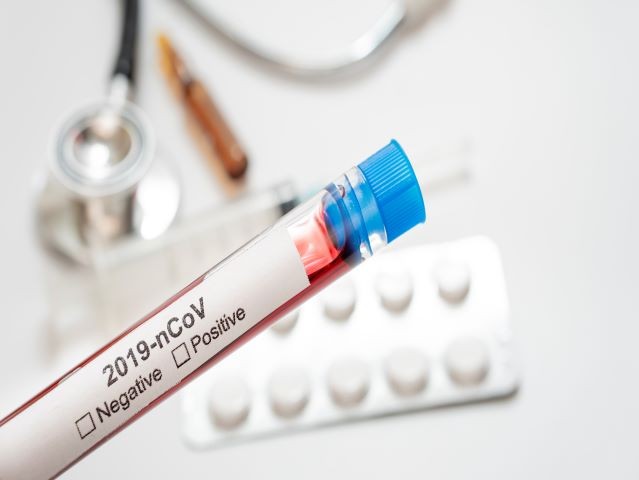Study on willingness to pay for an international warning system for infectious diseases pre-Covid-19
Increasing the health safety of citizens is an important policy goal in countries across the world. Recent infectious outbreaks of, for example, Ebola, SARS, bird flu, and salmonella, emphasise that improving safety cannot always be realised by countries separately. Recently, for example, the European Union has initiated an interdisciplinary research network that investigates the potential for an international, integrated early warning system for identifying, containing and mitigating large infectious outbreaks more rapidly. Therefore, in this study, we aim to provide an indication of the perceived overall value of such a system in terms of improving citizens’ feelings of health safety. To estimate the value of an international integrated early warning system for infectious diseases and food-borne outbreaks aimed at increasing health safety, we developed a two-stage contingent valuation experiment. A survey containing the experiment was administered to balanced samples from Denmark, Germany, Hungary, Italy, The Netherlands, and the UK. The share of respondents indicating a WTP (willingness to pay) of zero varied between 7.3% in Italy and 23.2% in Hungary, of which most were protest zeros. Excluding protest answers and outliers (with a WTP exceeding 5% of income), the elicited overall mean monthly WTP per household was €21.80 (median = €10.00). This value ranged from €8.89 (median = €3.85) in Hungary to €28.33 (median = €13.42) in Denmark. The corresponding standard deviations were substantial, expressing either diverse or ill-formed preferences. Differences between countries can partly be explained by the variation in purchasing power, Hofstede’s cultural dimensions and trust in public institutions. The results, in general, indicate that the majority of respondents see a certain value in the early warning system. Regression analyses showed that throughout countries and models, income, as expected, was the most important determinant of the WTP values elicited in our experiment. The results from our regression analysis demonstrated that, in general, WTP behaved as expected. WTP increased with income and to some extent with the awareness of outbreaks and risk aversion. The positive effect of the level of trust in public institutions and the significance of the included cultural dimensions were further reassuring findings. Our study provides results which have implications for policymakers and stakeholders in the context of interventions increasing health safety of the population in European countries. For instance, in a more general sense, our results indicate that most European citizens seem to value an early warning system when using additional taxation as a payment mechanism in an experimental setting. Aggregating our WTP estimates to a national or international level can inform discussions about appropriate funding of the warning system, given current knowledge and perceptions of the effectiveness of such a system. While we stress the explorative nature of our study, based on the median WTP, the relevant number of households (excluding the share of protesters), and assuming 50% of those households would be eligible to pay the additional tax, an aggregate WTP of €6.5bn for all six included countries per year would be estimated. Considering that health care spending on prevention is rather modest in the included countries (compared to spending on curative care), this may be considered a high amount. Overall, our analysis provided first estimates of the perceived value of this type of early warning system in European countries. While the used approach is clearly not without limitations, the results of our analysis can be relevant to policymakers when discussing investments in health safety on a European level in general, and an early warning system for infectious diseases in particular. However, future research will have to provide further information on what this system would look like.
Keywords
covid, infectious diseases



